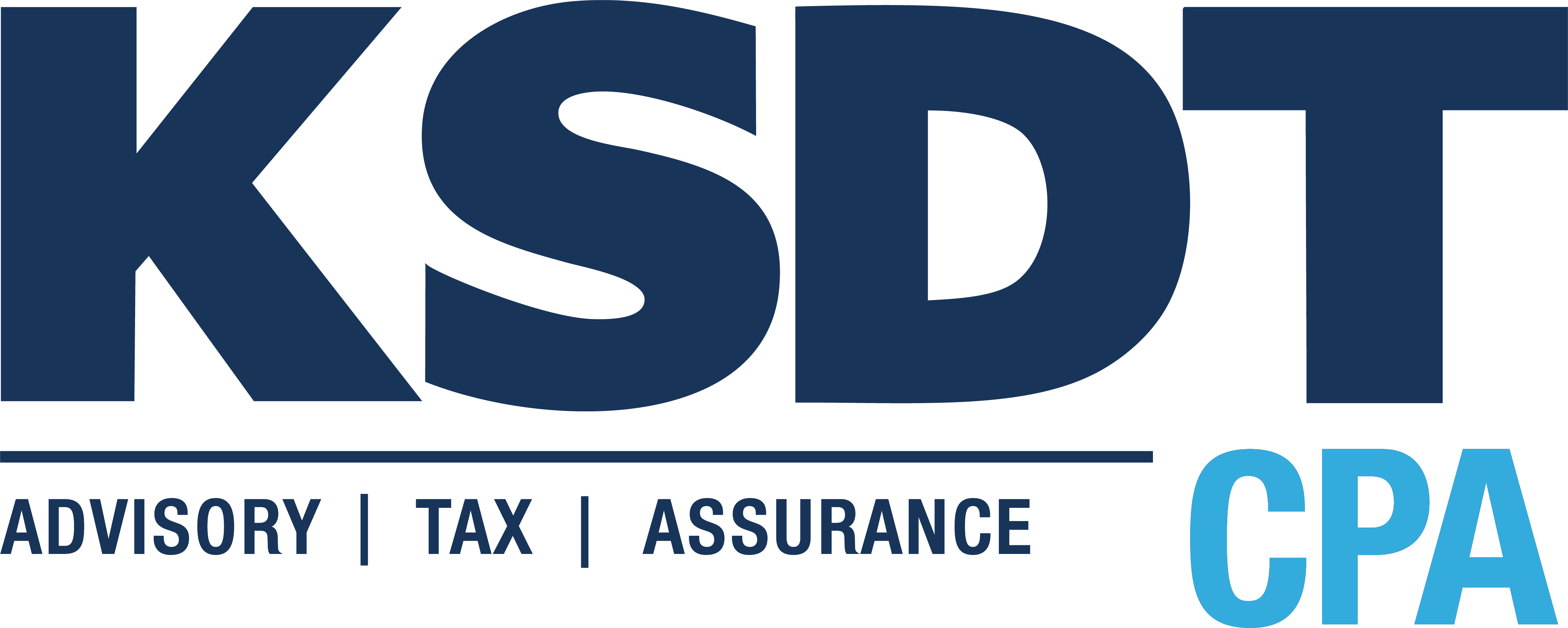What is the Augusta Rule?

The Augusta Rule, known to the IRS as Section 280A, allows homeowners to rent out their home for up to 14 days per year without needing to report the rental income on their individual tax return.
Originally created to protect residents of Augusta, Georgia who would rent out their homes to attendees of the annual Masters golf tournament, the Augusta Rule applies to any taxpayer who owns a home in the United States, provided that your home is not your primary place of business.
How Does it Work for the Homeowner?
So long as the home you own is not your primary place of business, you can rent it out for up to 14 days and not report that income on your individual tax return. The rent you charge must be reasonable and in-line with what the rental market supports; charging $1000 per night when comparable houses rent for $200 per night is not considered reasonable!
Homeowners can rent their house to individuals looking for vacation opportunities or they can rent their house to a business owner who intends to use it for business purposes.
Shifting Income from Your Business
If you are a business owner and do not use your home as your primary place of business, employing the Augusta Rule can be an effective strategy for moving income away from your business and shifting it to personal income, where there would be no tax consequence.
For example, as a business owner, you host a monthly meeting with your Board of Directors. Under the Augusta Rule, your business can pay you a reasonable amount to rent your house to conduct the once-per-month meetings. Provided that the total rental period doesn’t exceed 14 days and the rent charged is reasonable, your business is able to deduct the rent payment on the business tax return and you won’t have to report this as income on your personal taxes!
Having documentation to support your claiming this as a business deduction is critical—to prove the rent was reasonable, you could print rental quotes for similar meeting locations. To document that a meeting occurred, you could keep minutes or other records of business discussions.
Contact P.T. Anderson Accounting to find out more.




